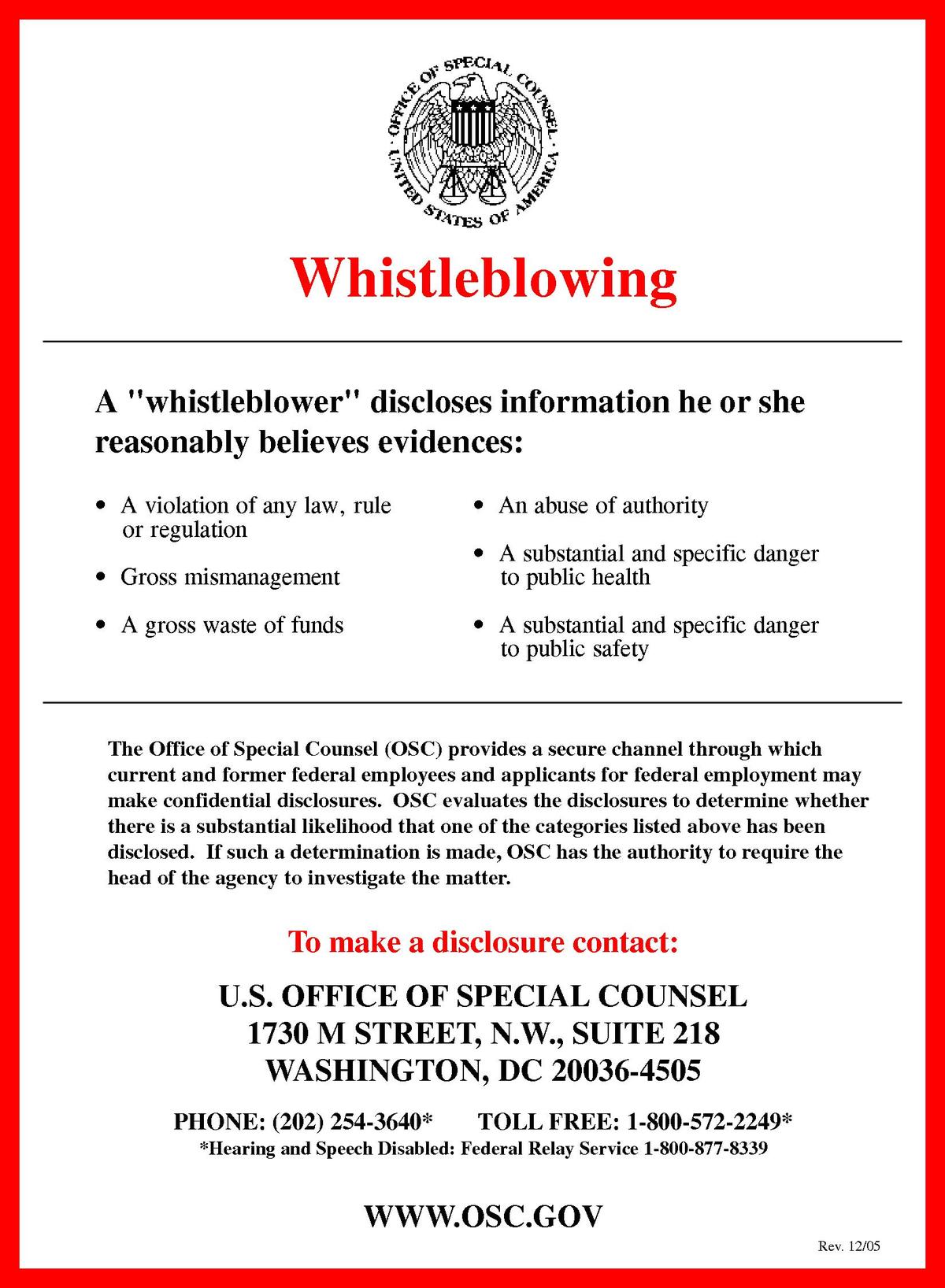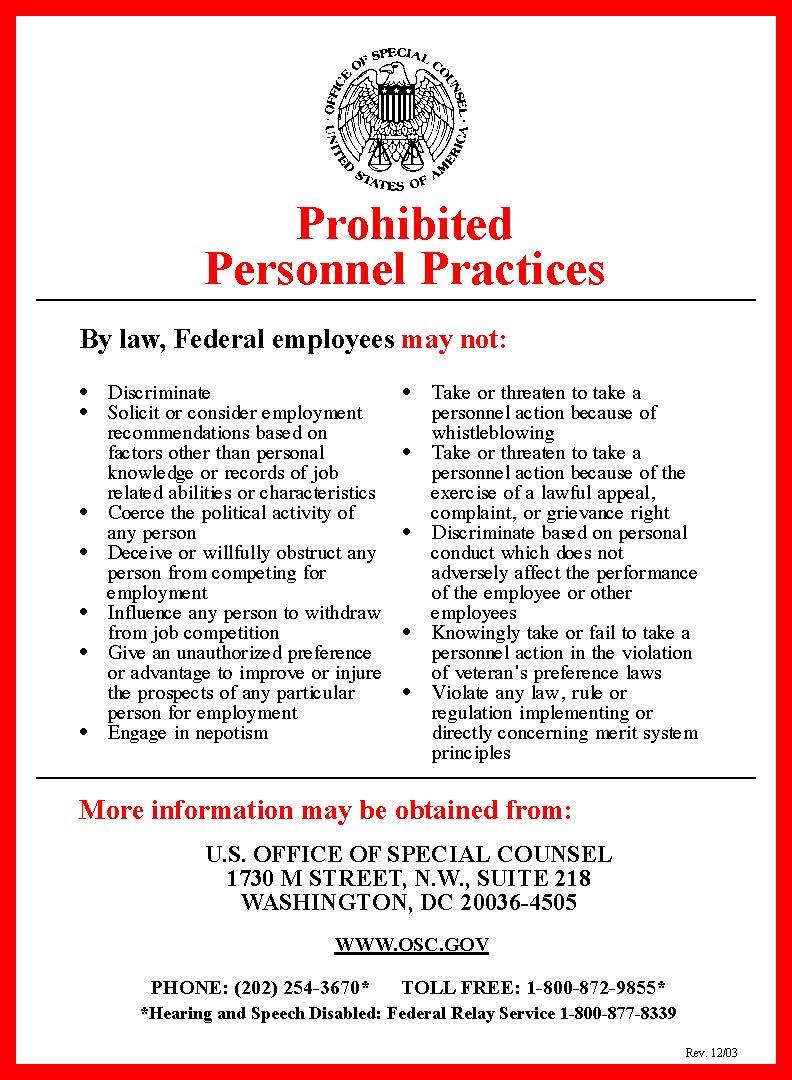Whistleblower protection – it’s a term that’s been making waves lately, but what exactly does it mean? Well, let me break it down for you in plain and simple terms. Whistleblower protection refers to the legal safeguards put in place to support individuals who expose wrongdoing or illegal activities within organizations. It’s like a shield, protecting those who have the courage to speak up and shine a light on corruption, fraud, or any other unethical practices.
Imagine you’re in a workplace where you witness something fishy going on. Maybe you stumble upon financial misconduct or see your colleagues engaging in discriminatory behavior. Whistleblower protection ensures that you can come forward without fear of retaliation or repercussions. It’s designed to encourage transparency and accountability, giving whistleblowers the confidence to step forward and report the truth. So, whether you’re an employee, a customer, or just an ordinary citizen, understanding whistleblower protection is vital in promoting a just and fair society.

**Whistleblower Protection: Safeguarding the Truth**
Whistleblower protection is a critical legal concept that aims to shield individuals who expose wrongdoing or illegal activities within organizations. It serves as a safeguard against retaliation and encourages transparency and accountability. Whistleblowers play a vital role in exposing corruption, fraud, and other misconduct, thereby protecting the public interest. In this article, we will delve into the various aspects of whistleblower protection, its significance, and the mechanisms in place to ensure the safety and well-being of those who come forward.
**The Importance of Whistleblower Protection**
Whistleblower protection is essential for maintaining integrity within organizations and society as a whole. By providing a safe environment for individuals to report misconduct, it encourages a culture of accountability and prevents the concealment of unethical or illegal practices. Whistleblowers often possess valuable information that can expose wrongdoing, leading to necessary investigations, legal actions, and reforms.
Without whistleblower protection, potential informants may hesitate to come forward due to fear of retaliation. This reluctance could allow corruption and misconduct to go unchecked, leading to severe consequences for both organizations and the public. Moreover, whistleblower protection fosters trust and confidence in institutions, as it demonstrates a commitment to addressing wrongdoing and upholding ethical standards.
**Whistleblower Protection Mechanisms**
To ensure the safety and well-being of whistleblowers, various legal protections and mechanisms have been established. These measures aim to shield individuals from retaliation and provide avenues for reporting misconduct. One such mechanism is the enactment of whistleblower protection laws, which outline the rights and protections afforded to informants.
Whistleblower protection laws often prohibit employers from retaliating against employees who report misconduct in good faith. These laws may also provide remedies and legal recourse for whistleblowers who experience retaliation, such as reinstatement, compensation, and even criminal charges against the responsible parties. Additionally, some jurisdictions have established dedicated whistleblower protection agencies or hotlines to facilitate the reporting process and ensure the anonymity of informants.
**The Role of Whistleblower Protection in Public and Private Sectors**
Whistleblower protection is applicable to both the public and private sectors, as wrongdoing can occur in various contexts. In the public sector, it is crucial to maintain transparency and accountability within government agencies. Whistleblowers who expose corruption or misuse of public funds can help ensure that taxpayer money is used appropriately and that officials are held accountable for their actions.
In the private sector, whistleblower protection is equally significant. Employees who witness fraudulent activities, environmental violations, or workplace discrimination can report such misconduct without fear of reprisal. This allows for the identification of systemic issues and the implementation of necessary reforms to prevent harm to employees, consumers, and the environment.
**Challenges and Controversies**
Despite the importance of whistleblower protection, challenges and controversies surrounding this concept persist. One common challenge is the difficulty of proving retaliation. Whistleblowers often face various forms of retaliation, such as termination, demotion, or harassment, but providing concrete evidence of such retaliation can be challenging. This can hinder the enforcement of whistleblower protection laws and discourage potential informants from coming forward.
Additionally, there is ongoing debate about the boundaries of whistleblower protection. Some argue that individuals who disclose classified information or violate non-disclosure agreements should not be afforded the same protections as those exposing illegal activities. Balancing the need for transparency and accountability with the protection of sensitive information is a complex issue that requires careful consideration.
**Conclusion**
Whistleblower protection is a crucial aspect of maintaining integrity, transparency, and accountability within organizations. It provides individuals with the confidence to report wrongdoing without fear of retaliation, ensuring that misconduct is exposed and addressed. By upholding whistleblower protection laws and establishing mechanisms that safeguard informants, society can strive towards a more ethical and just future.
Key Takeaways: What is Whistleblower Protection?
- Whistleblower protection is a legal safeguard that encourages individuals to report wrongdoing or illegal activities.
- It shields whistleblowers from retaliation, such as being fired or harassed, for speaking up.
- Whistleblower protection laws exist to promote transparency and accountability in organizations.
- These laws vary from country to country, but they generally provide legal remedies for whistleblowers who experience retaliation.
- Whistleblower protection is crucial for ensuring a safe environment for those who expose misconduct.
Frequently Asked Questions
What is the purpose of whistleblower protection?
Whistleblower protection refers to the legal safeguards put in place to encourage individuals to report wrongdoing within an organization without fear of retaliation. The primary purpose of whistleblower protection is to promote transparency, accountability, and ethical behavior in both the public and private sectors. By providing legal protections, it encourages individuals to come forward with information about illegal or unethical activities, such as fraud, corruption, or safety violations, that they have observed or have knowledge of.
Whistleblower protection laws vary from country to country, but they generally aim to shield whistleblowers from adverse consequences, such as termination, demotion, harassment, or discrimination, that they might face for reporting misconduct. These laws also aim to incentivize individuals to report wrongdoing by offering protection against retaliation and, in some cases, providing financial rewards or compensation for the risks they take in coming forward.
What are the benefits of whistleblower protection?
Whistleblower protection provides several benefits to both individuals and society as a whole. Firstly, it helps to uncover and prevent fraud, corruption, and other illegal activities by encouraging individuals with inside knowledge to report such wrongdoing. This leads to increased transparency and accountability, which are essential for maintaining trust and integrity in organizations.
Secondly, whistleblower protection helps to safeguard the interests of employees who act in good faith to expose misconduct. It ensures that they are not unfairly punished or retaliated against for doing the right thing. This, in turn, promotes a culture of compliance and ethical behavior within organizations.
Furthermore, whistleblower protection can save money and resources by allowing issues to be addressed internally before they escalate into more significant problems. By offering protection to whistleblowers, organizations are more likely to receive timely and accurate information about potential wrongdoing, enabling them to take appropriate action to rectify the situation.
Overall, whistleblower protection plays a crucial role in promoting transparency, accountability, and integrity in both the public and private sectors, benefiting individuals, organizations, and society at large.

Final Summary: Whistleblower Protection – Safeguarding the Courageous Truth Tellers
Whistleblower protection is a vital mechanism that shields individuals who bravely expose wrongdoing or illegal activities within organizations. This safeguarding framework not only encourages transparency and accountability but also plays a crucial role in upholding a just and fair society. By providing legal and ethical protection to whistleblowers, we empower them to come forward without fear of retaliation, and in doing so, they become the catalysts for positive change.
In today’s world, where corruption and unethical practices can often go unnoticed, whistleblower protection acts as a shield of justice. It ensures that those who have the courage to unveil the truth are shielded from harm and can continue to make a difference. Whistleblower protection laws vary across countries, but their underlying purpose remains the same: to safeguard the heroes who risk their own well-being to expose wrongdoing.
By providing this protection, we create an environment where individuals feel safe to speak out against injustice, fraud, or any form of misconduct. When whistleblowers are shielded from retaliation, it fosters a culture of accountability and integrity within organizations. It encourages others to follow suit, knowing that their voices will be heard and that they will be protected.
In conclusion, whistleblower protection is not only a legal framework, but it is also a testament to our commitment to truth, justice, and fairness. It empowers individuals to become catalysts of change, ensuring that organizations are held accountable for their actions. Let us continue to support and advocate for strong whistleblower protection laws, honoring the bravery and integrity of those who dare to expose the truth.